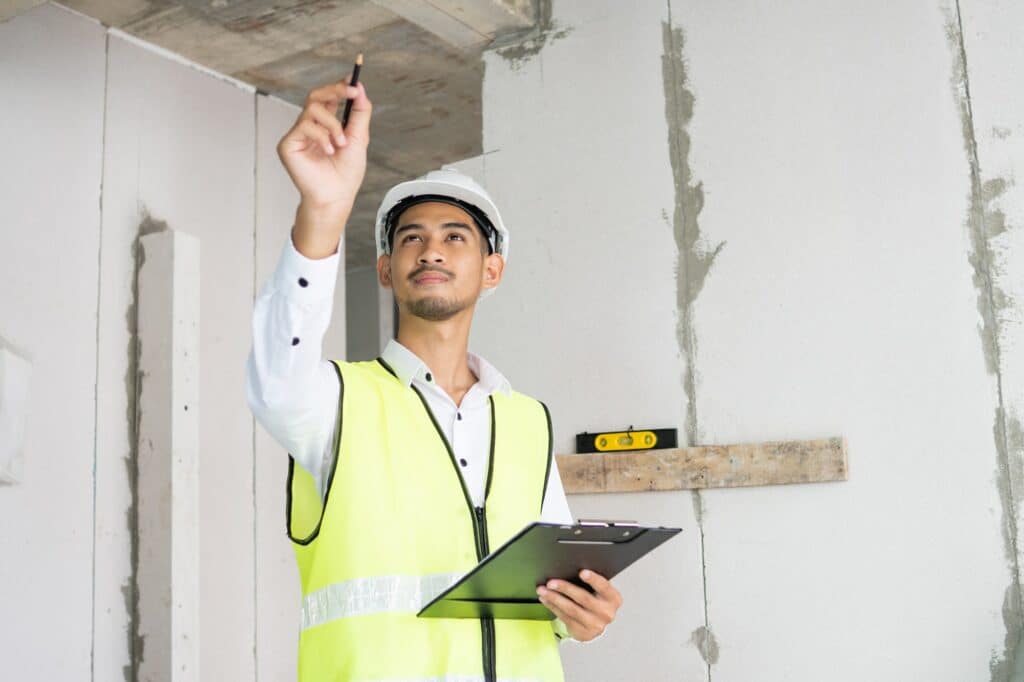Are you in the process of buying or selling a home? Congratulations! This is an exciting time, but it can also be a stressful one. There are so many important details to consider, and it’s easy to get overwhelmed. One of the most important things to understand as a home buyer or seller is the difference between an appraisal and a home inspection.
In this blog post, we’ll explore the key differences between an appraisal and a home inspection, and why each one is important in the home buying and selling process. Understanding these differences can help you make informed decisions and ensure a smooth and successful transaction. So, let’s dive in and learn more about the importance of appraisals and home inspections!
The Differences Between A Home Appraisal and a Home Inspection
When buying or selling a home, it’s important to understand the differences between a home appraisal and a home inspection. In this section, we will define each term and explain what they entail.
What is A Home Appraisal?

It is extremely important to get a proper evaluation of the property’s value. This is where a home appraisal comes in. A home appraisal is an evaluation of a property’s value conducted by a licensed appraiser. The appraiser will assess the property’s condition, location, and comparable home sales in the area to determine its fair market value.
The home appraisal process is important for both buyers and sellers. For buyers, it ensures that they are not overpaying for a property. For sellers, it ensures that they are receiving a fair price for their property. A home appraisal can help in negotiating the final price of the property.
Who Pays for The Appraisal?
Typically, the buyer is responsible for paying for the home appraisal. However, in some cases, the seller may agree to cover the cost of the appraisal as part of the negotiation process.
What Does An Appraiser Look For?
During a home appraisal, the appraiser will look at a different aspects of the home as well as recent sales of comparable homes in the area to determine the property’s value. This process can take some time, and it is important to ensure that the appraiser has all the necessary information to make an accurate evaluation. Some of the things that are reviewed during the home appraisal include,
- Square Footage
- Roofing
- Curb Appeal
- Luxury Items
- Floor Plan
- Amenities
- Location
What Happens if an Appraisal Is Under the Asking Price?
If the appraisal comes in lower than the asking price, it can present challenges for both the buyer and the seller. The buyer may need to come up with additional funds to cover the difference between the appraised value and the purchase price, or the seller may need to lower their asking price to match the appraised value. In some cases, negotiations may be necessary to find a solution that works for both parties.
A home appraisal is an important part of the home buying and selling process. It ensures that the property is being sold at a fair price and helps in negotiating the final price of the property. It is important to have a licensed appraiser conduct the appraisal and to ensure that they have all the necessary information to make an accurate evaluation.
What is A Home Inspection?

A home inspection is an evaluation of the condition of a property’s visible and accessible components, such as the roof, foundation, plumbing, electrical systems, and more. The inspection is performed by a licensed home inspector, and the inspector will provide a detailed report of their findings.
A home inspection is important for both buyers and sellers. For buyers, it helps identify any potential issues or repairs that may need to be addressed before finalizing the purchase. For sellers, it can provide an opportunity to address any issues before listing the property, potentially increasing its value.
Who Pays for A Home Inspection?
Typically, the buyer is responsible for paying for the home inspection. However, in some cases, the seller may agree to cover the cost as part of the negotiation process.
What Does A Home Inspector Look For?
During a home inspection, the inspector will evaluate the condition of various components of the property, including the roof, foundation, plumbing, electrical systems, HVAC systems, and more. They will also look for any signs of damage, such as water damage or mold, and test various systems to ensure they are functioning properly. Here are some of the key areas that home inspectors will focus on,
- Structural Components: Your inspector will make sure there are no signs of bowing in the walls or damage to the studs and joists of the house.
- Heating System: Your inspector will make sure your heating system heats to the desired temperature, produces no smoke, and that it’s energy usage is within standards
- Basement (If there is one): Your inspector will look at your basement and make sure there is no exposed wiring or obvious damage to the stairs and walls
- Central Air System: The inspector will make sure that your central air system cools to the right temperature, that the ventilation is working properly and that it is energy efficient
- Foundation: Your inspector will check to make sure there are no cracks or leaks in the foundation of your home
- Interior Plumbing: They will check to make sure that your toilets flush, you faucet runs, and your piping is in good condition
- Doors: The inspector will make sure the doors open and close properly, the door knobs turn, and the door frames are in good shape
- Electrical: They will make sure that the lights, outlets, and appliances all work properly. They will also make sure that the condition of the wiring is good and safe as well
- Windows: Your inspector will make sure that each of your windows has proper sealant and that each opens, closes, and locks
- Attic and Insulation: The inspector will look for any noticeable damage to the structure of the attic and that the insulation is in proper working order
- Roof: They will look for any leaks, missing shingles, mold, and sometimes even pests
- Floors: Your inspector will look at your floor to see if there are any chips, cracks, creaks, or mold
- Walls and Ceiling: The inspector will look for any cracks, leaks, or dents along the walls and ceilings
Who Pays for the Problems on the Home Inspection Report?
If the home inspection report identifies issues that need to be addressed, it is typically the responsibility of the buyer to cover the costs of repairs. However, in some cases, the seller may agree to cover the costs as part of the negotiation process.
Getting A Home Appraisal and A Home Inspection with the Help of Honey Tree Realty
Both a home appraisal and a home inspection are essential steps in the home buying and selling process. While they may seem similar, they serve different purposes and provide valuable information to both buyers and sellers. By understanding the differences between the two and working with a trusted team of real estate agents like our team at Honey Tree Realty, you can ensure a smooth and successful transaction. So, whether you’re buying or selling a home, don’t overlook the importance of these critical steps! Contact us today to learn more about selling or buying a home with the help of our HTR team.